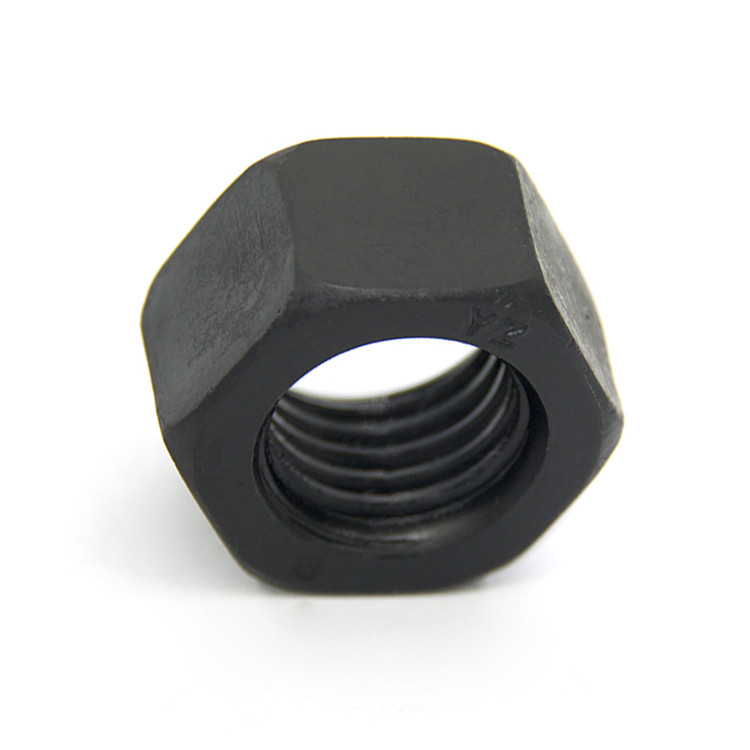Top Manufacturers of Conical Washers for Industrial Applications and Solutions
Nov . 17, 2024 20:36 Back to list
Top Manufacturers of Conical Washers for Industrial Applications and Solutions
Conical Washers A Deep Dive into Their Manufacturing and Applications
Conical washers, also known as tapered washers, are specialized fasteners that play a crucial role in ensuring the stability and reliability of various mechanical assemblies. The unique design of conical washers allows them to distribute loads evenly across a surface, making them ideal for use in applications where vibration and lateral movement can cause traditional flat washers to fail. This article explores the manufacturing process of conical washers and their diverse applications in various industries.
Manufacturing Process
The manufacturing of conical washers involves several key steps, each critical to ensuring quality and precision. First, high-grade materials are selected, typically metals such as stainless steel, aluminum, or brass, depending on the specific requirements of the application. The choice of material directly influences the washer's strength, corrosion resistance, and overall performance.
Next, these materials are subjected to processes like stamping or forging, which shape them into the conical form. Precision tools are utilized to achieve the correct dimensions and angles required for effective load distribution. After shaping, the washers undergo heat treatment if necessary, enhancing their mechanical properties and ensuring durability.
Quality control measures are implemented throughout the manufacturing process. This includes dimensional checks and material inspections to guarantee that each conical washer meets industry standards and client specifications. Once these checks are completed, the washers are often finished with coatings or treatments to enhance their corrosion resistance and aesthetic appeal.
conical washers manufacturers

Applications
Conical washers find applications across a wide range of industries. In the automotive sector, they are used in wheel assemblies and engine components, where their ability to handle dynamic loads and vibrations is critical. In the aerospace industry, conical washers ensure secure fittings in aircraft, contributing to safety and performance.
Furthermore, these washers are essential in construction applications, particularly in securing bolts and other fasteners in structural components. Their tapered design helps to minimize the risk of loosening over time, providing long-term stability in structures exposed to environmental stressors.
In the electronics sector, conical washers help in establishing secure connections in circuit boards, aiding in heat dissipation and ensuring the longevity of electrical components.
Conclusion
Conical washers are a testament to the importance of specialized hardware in modern engineering and design. Their unique shape and functional advantages make them indispensable in various applications, highlighting the need for quality manufacturing practices in producing these essential components. As technology evolves, the demand for high-performance conical washers continues to grow, underscoring their vital role in different industries.
Latest news
-
Premium Phosphated Drywall Screws Supplier | Durable, Rust-Resistant
NewsAug.27,2025
-
Reliable Wire Bolts Suppliers | Quality Zinc Plated Fasteners
NewsAug.26,2025
-
Wire Bolts Suppliers: Durable & Reliable Fasteners for Every Project
NewsAug.25,2025
-
Premium Cabinet Bolts Supplier | Wholesale & Custom Solutions
NewsAug.24,2025
-
Reliable Axle Nuts Supplier | Quality & Precision Fasteners
NewsAug.23,2025
-
Durable Bolts for Lawn Mower Handle - Top Supplier & Manufacturer
NewsAug.22,2025
